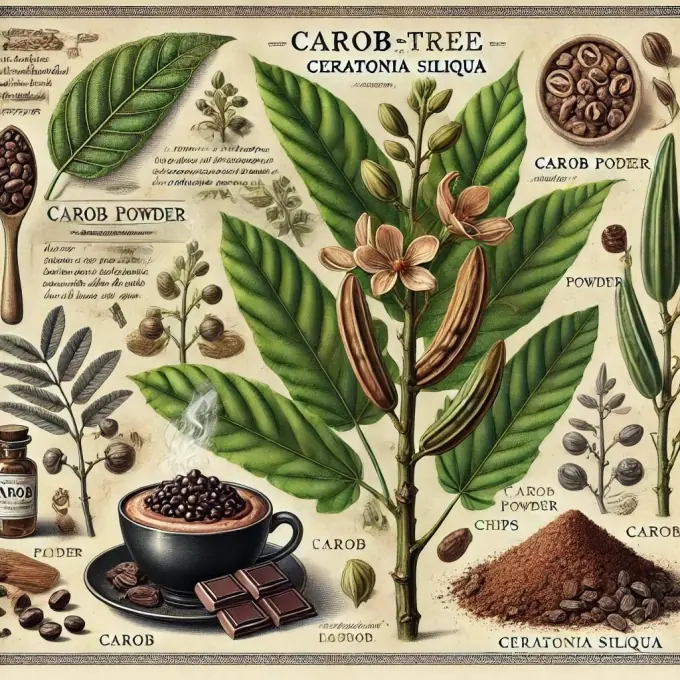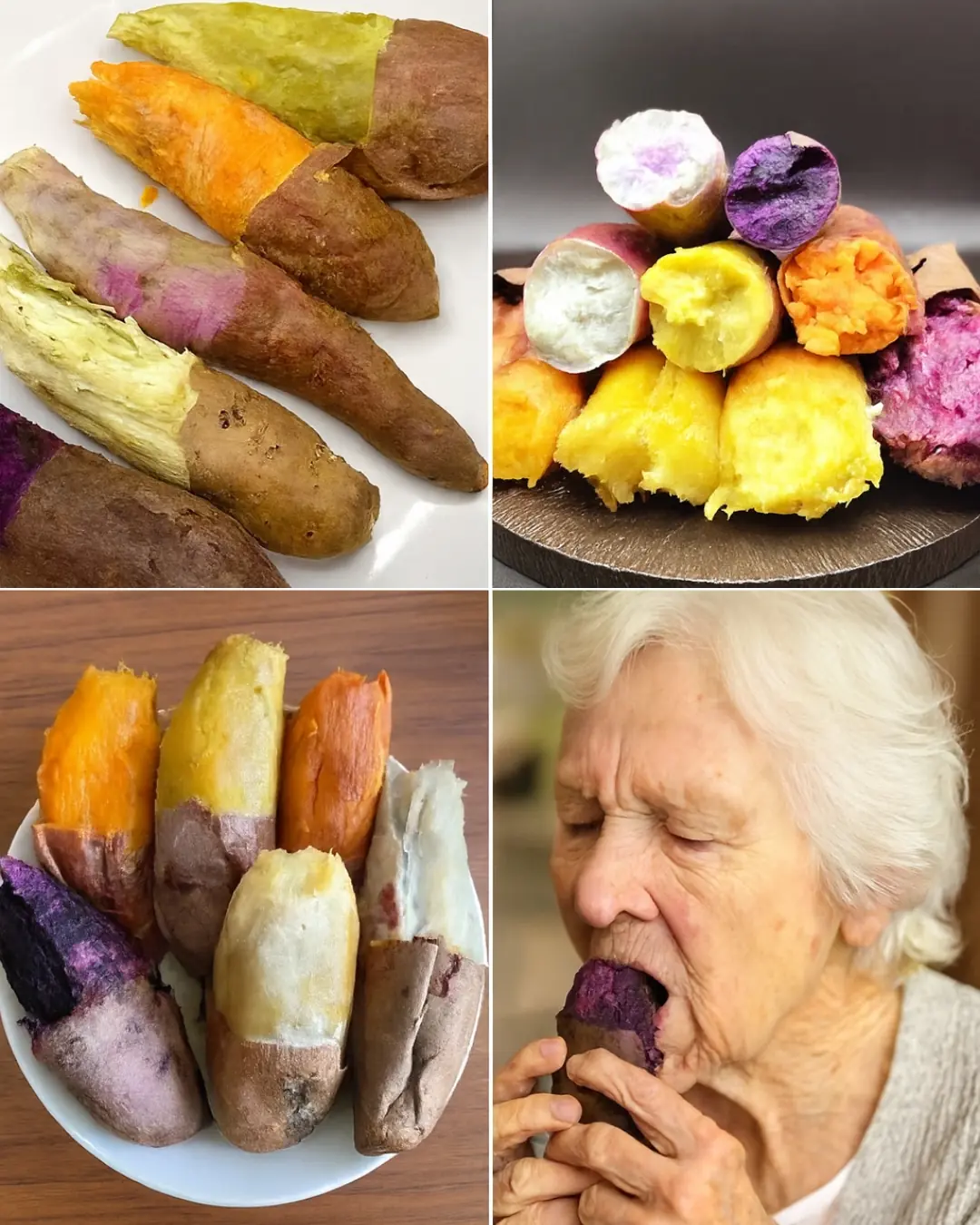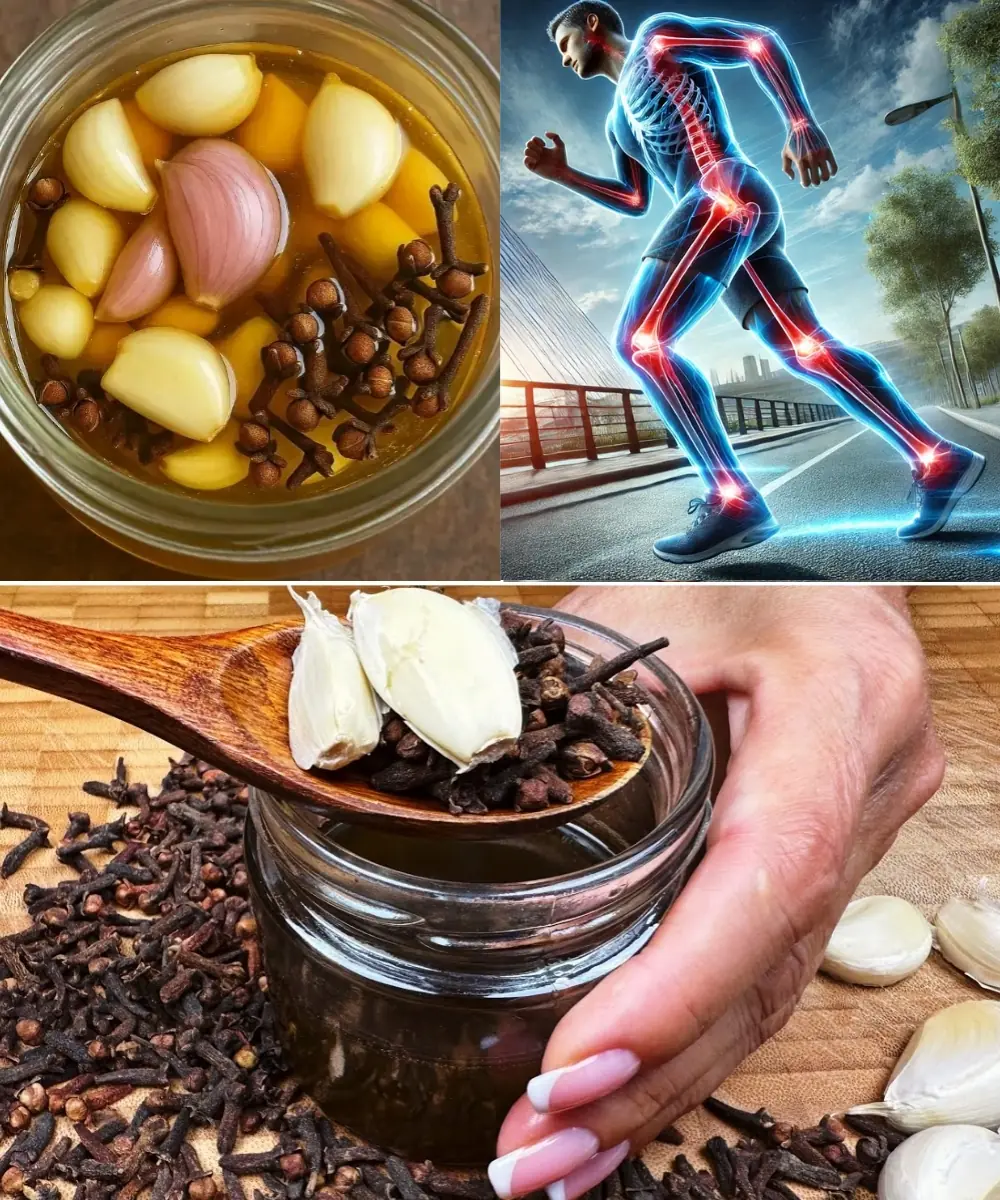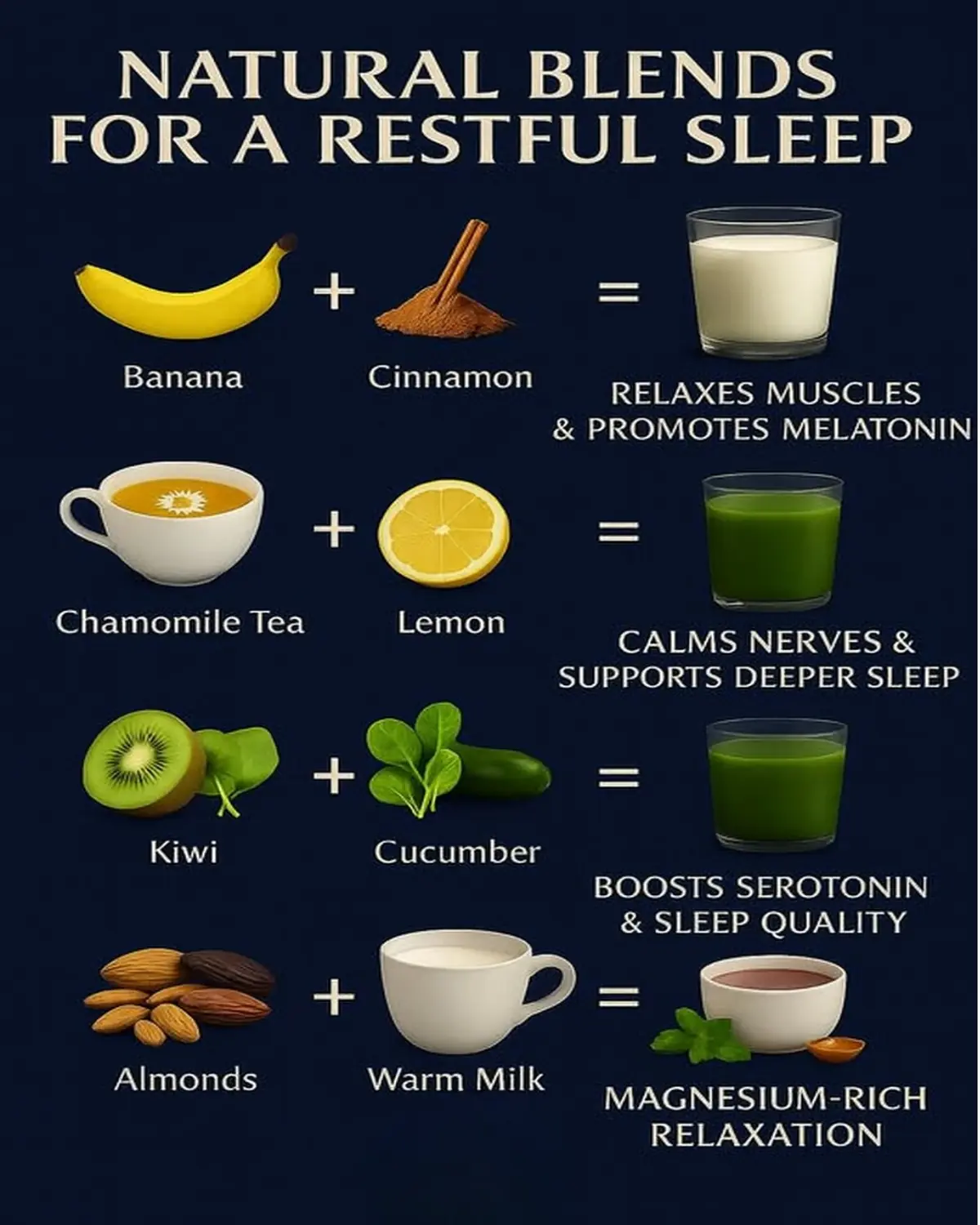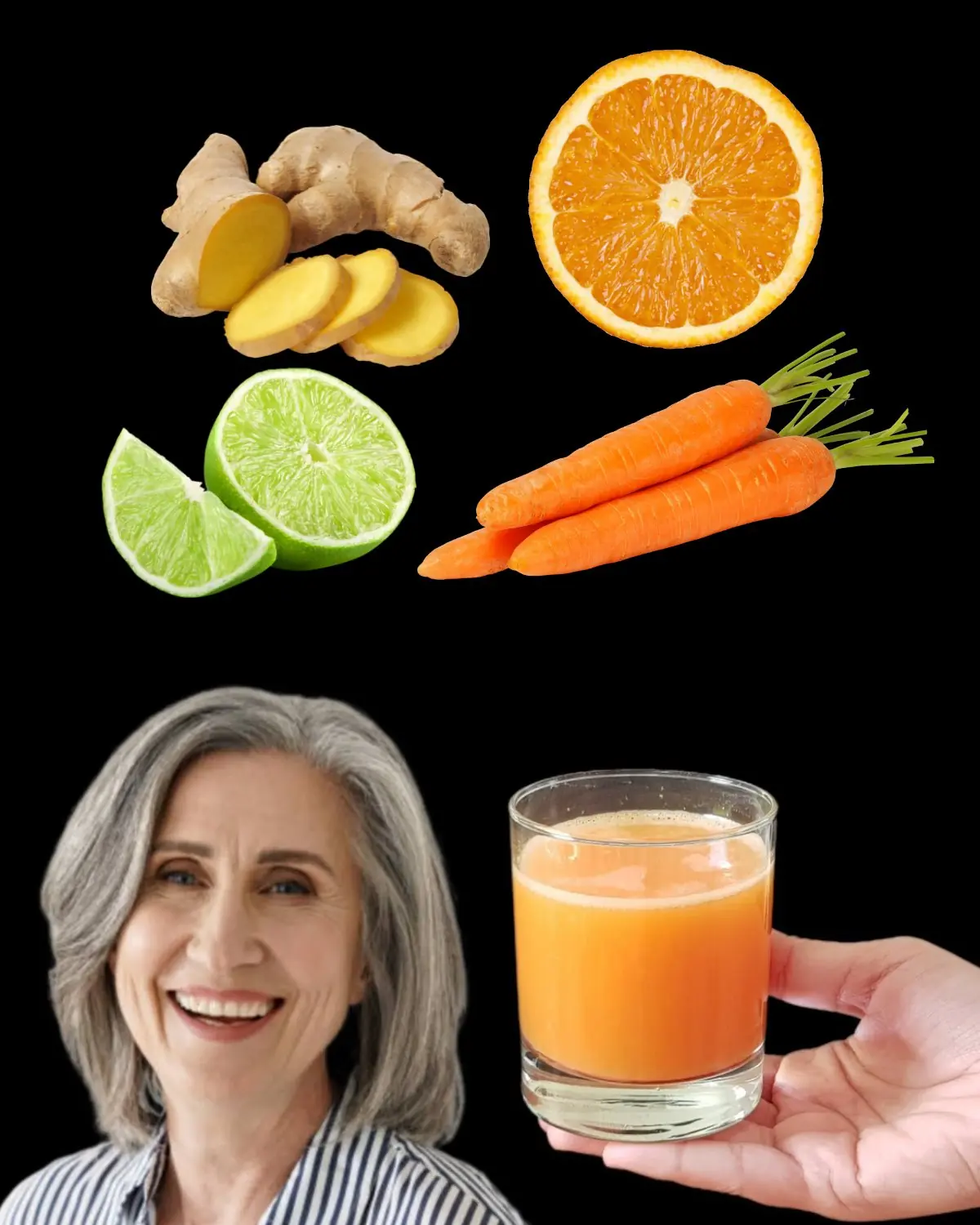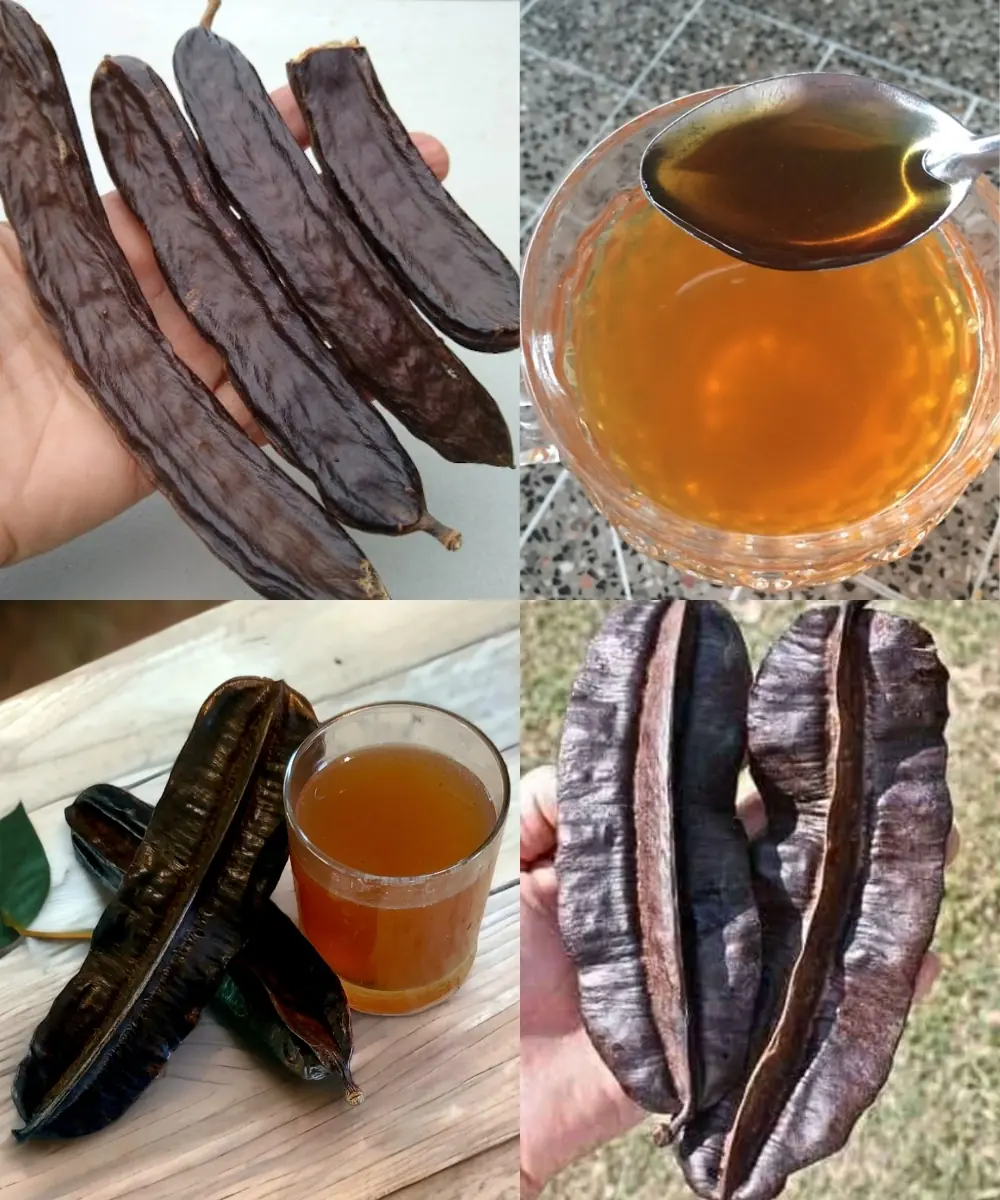What is Carob?
Carob, derived from the pods of the Ceratonia siliqua tree, is a naturally sweet and nutritious alternative to chocolate. Native to the Mediterranean, it has been valued for centuries for its culinary and medicinal properties. Unlike chocolate, carob is caffeine-free and theobromine-free, making it a great option for those sensitive to stimulants.
Health Benefits of Carob
1. Nutrient-Rich Superfood
Carob is packed with essential vitamins and minerals, including calcium, potassium, magnesium, and iron. It also provides vitamin A, B2, and B6, contributing to overall well-being.
2. High in Fiber
A great source of dietary fiber, carob promotes digestion, prevents constipation, supports gut health, regulates blood sugar, and lowers cholesterol.
3. Low in Fat & Calories
With significantly less fat and fewer calories than chocolate, carob is an excellent choice for weight management and heart health.
4. Naturally Sweet & Gluten-Free
Carob’s natural sweetness eliminates the need for added sugars, making it ideal for diabetics and healthy eaters. Additionally, it is gluten-free, making it safe for those with celiac disease or gluten sensitivities.
5. Caffeine-Free
Unlike cocoa, carob contains no caffeine, making it a suitable alternative for children, pregnant women, and those reducing caffeine intake.
6. Rich in Antioxidants
Loaded with polyphenols, carob helps reduce inflammation, combat free radicals, and protect against chronic diseases.
Culinary Uses of Carob
Carob’s naturally sweet, chocolate-like flavor makes it a versatile ingredient in various recipes:
✔ Carob Powder – A cocoa powder substitute for baking brownies, cookies, and cakes.
✔ Carob Chips – A chocolate alternative for muffins, pancakes, and granola bars.
✔ Carob Syrup – A natural sweetener for pancakes, waffles, and yogurt.
✔ Smoothies & Drinks – Blend with milk, bananas, and ice for a healthy chocolate-like smoothie.
Homemade Uses of Carob
1. Carob Hot Chocolate ☕
Mix carob powder, warm milk, cinnamon, and honey for a comforting, caffeine-free hot chocolate.
2. Carob Energy Bars 🍫
Blend carob powder, oats, nuts, and dried fruit to create no-bake energy bars—perfect for a healthy snack.
3. Carob Ice Cream 🍦
Blend carob powder, frozen bananas, almond milk, and vanilla extract for a creamy, dairy-free dessert.
4. Homemade Carob Syrup 🍯
Simmer carob pods with water and a natural sweetener like agave syrup. Strain and use as a topping or in baking.
5. DIY Carob Face Mask 💆♀️
Carob’s antioxidants nourish the skin. Mix carob powder, honey, and yogurt to create a revitalizing face mask.
Precautions & Considerations
✔ Consume in Moderation – While low in fat and calories, excessive intake may contribute to weight gain.
✔ Allergies – Rare allergic reactions may occur in those sensitive to legumes. Start with small amounts.
Environmental & Sustainability Benefits 🌍
Carob trees are drought-resistant and require minimal maintenance, making them an environmentally friendly crop. Their ability to thrive in poor soil and prevent erosion supports sustainable agriculture. Choosing carob helps reduce reliance on less sustainable food sources.
Conclusion
Carob (Ceratonia siliqua) is a nutrient-rich, versatile superfood offering numerous health benefits. With its naturally sweet flavor, caffeine-free profile, and high antioxidant content, it serves as a fantastic alternative to chocolate. Whether used in baking, beverages, or skincare, carob provides a delicious and sustainable way to enhance your well-being.
💚 Incorporate carob into your diet today for a healthier and more sustainable lifestyle!
